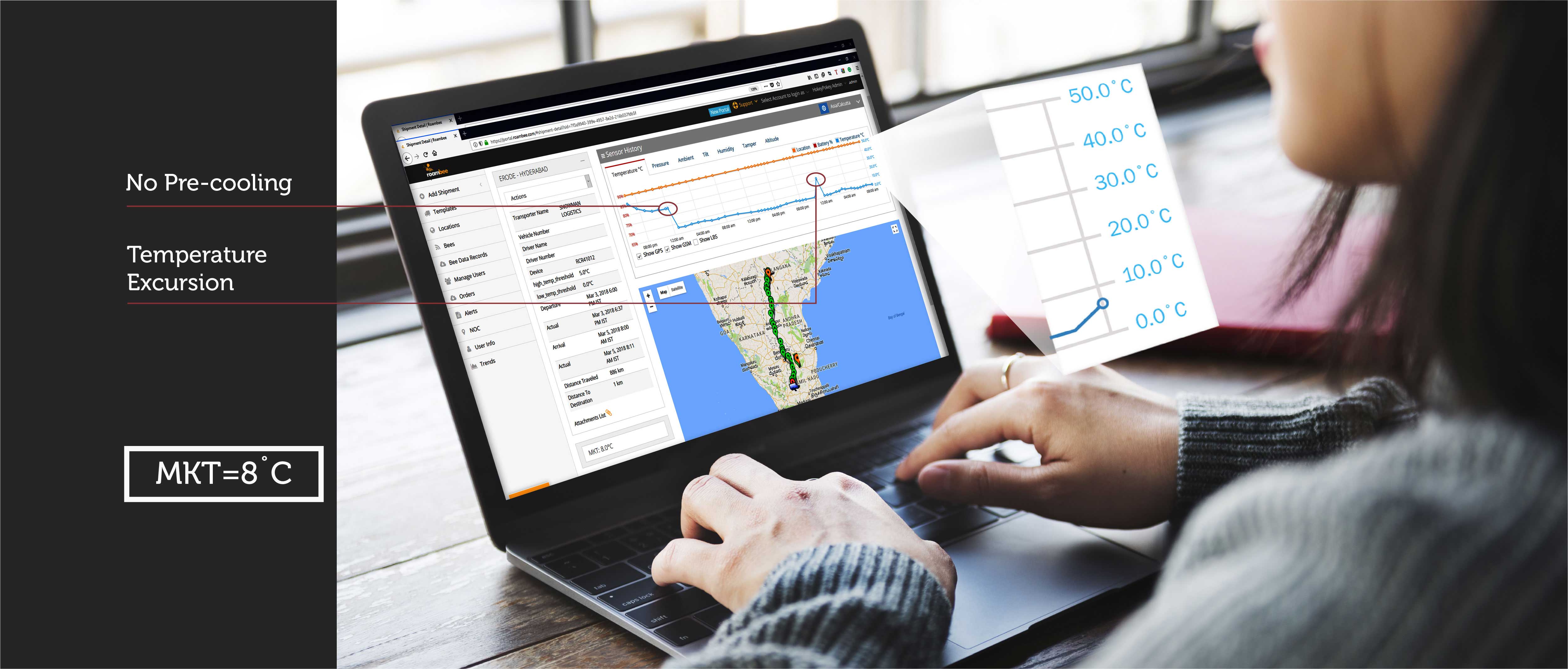If you’ve been watching the latest developments in AI and agent-based systems, one acronym you’ve likely seen everywhere is MCP—short for Model Context Protocol. And no, it’s not a new blockchain or a product from Skynet. It’s real, practical, and transforming how intelligent systems interface with tools in the real world.
At Roambee, we’ve been deep in the trenches of logistics and supply chain intelligence for years, and we can confidently say: MCP is the most exciting development we’ve seen since the rise of IoT itself.
🧠 What Exactly Is MCP?
At its core, Model Context Protocol exposes your system’s tools, capabilities, and functions in a way that large language models (LLMs) can understand and reason about—without hardcoding every detail.
In simpler terms: it makes your system legible to AI agents.
We like to think of it as the next step after function calling (which was a massive leap in itself). MCP gives LLMs not just access to actions, but the context behind them. This enables dynamic orchestration, multi-step workflows, and far smarter automation.
🌐 "Didn’t We Already Have APIs?"
We’ve heard this question a lot, and it’s a great one. The answer is: yes—and no.
APIs have powered digital systems for decades. But MCP doesn’t replace your APIs—it wraps them. It adds rich, human-readable descriptions, intent metadata, argument expectations, constraints, and much more. That makes tools AI-usable—not just machine-consumable.
Even better: your entire ecosystem of APIs, IoT commands, sensor networks, and analytics services can be defined as tools within your MCP interface.
🚚 Why MCP Matters in Logistics & Supply Chain
This is where things get exciting for our space.
Imagine a world where:
- AI agents query real-time sensor data from in-transit cargo
- Warehouse systems autonomously replan around delays or shortages
- A digital assistant responds to “Where’s the highest risk of spoilage this week?” with context-aware, geospatial answers
- Teams can ask natural-language questions and get structured workflows powered by your systems’ internal logic
With MCP, supply chain visibility isn’t just possible—it’s accessible at your fingertips. It bridges your IoT infrastructure with reasoning-capable agents who understand delays, risks, deviations, and alerts as part of a larger story.
🔐 What About Auth?
We get it—logistics and enterprise systems are sensitive. MCP doesn’t dictate how you secure things. You can use your existing authentication stack—OAuth, token-based access, federated identity, anything. Or, if needed, you can set up layered auth systems specific to agent tasks or third-party integrations.
⚙️ STDIO vs SSE: Which Transport?
MCP supports two modes of communication:
- STDIO – great for embedded, local tooling
- SSE (Server-Sent Events) – ideal for real-time agent interactions, dashboard updates, and streaming telemetry
For supply chain apps like ours, SSE is a game-changer—especially when integrating with brownfield systems that already produce event-based data streams.
🔭 Our Commitment to MCP
At Roambee, we’ve gone all-in on MCP. We're currently finalizing the rollout of our own MCP server, designed specifically for the high-stakes world of logistics and supply chain. While we’re keeping the exact release date under wraps for now, let’s just say: you’ll want to stay tuned.
We’re building this with real-world resilience in mind—support for edge deployments, failover strategies, transport abstraction, and semantic tool descriptions designed to work across shipments, warehouses, and control towers.
And we’re not just experimenting—we’re integrating our supply chain decisions platform, lane risk analytics, exception detection tools, and end-to-end tracking infrastructure directly into MCP tools.
This isn’t future-gazing. It’s happening now.
📦 TL;DR
- MCP = Model Context Protocol, the new standard for making tools AI-usable
- Wrap your existing APIs and more into an orchestration-ready interface
- Especially transformative for logistics and supply chain visibility, resilience, and automation
- Built-in flexibility for auth, transport, and tool granularity
- Roambee’s MCP server is on the way—and built for real-world ops
We’re incredibly excited to share more soon. If you’re a partner, customer, or just someone excited about the intersection of AI + IoT + logistics, stay tuned—we’ve got something truly powerful rolling out shortly.
👉 Interested in making your supply chain data actionable with AI and see MCP in action? Book a demo.












